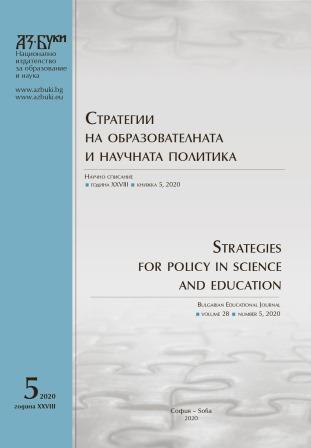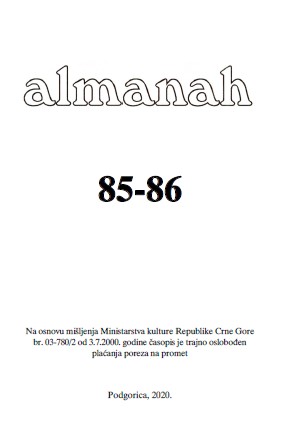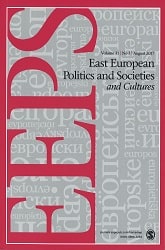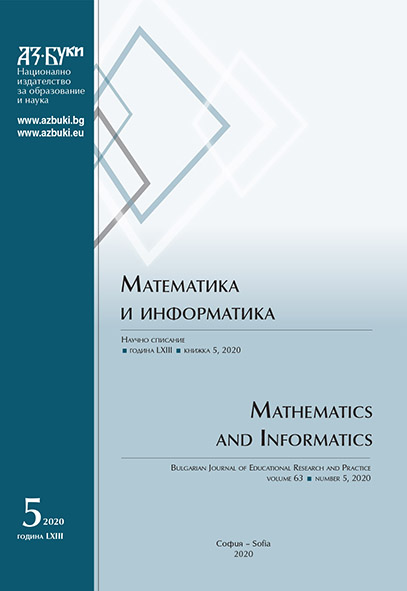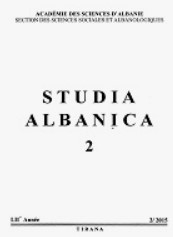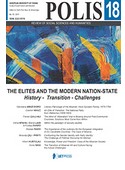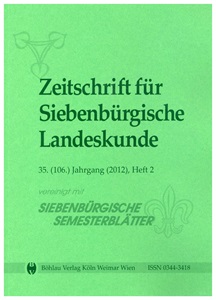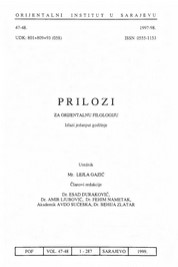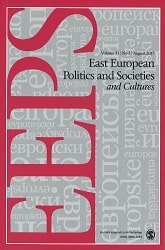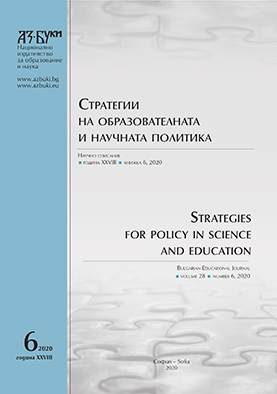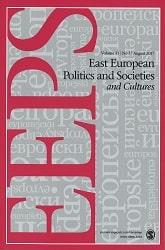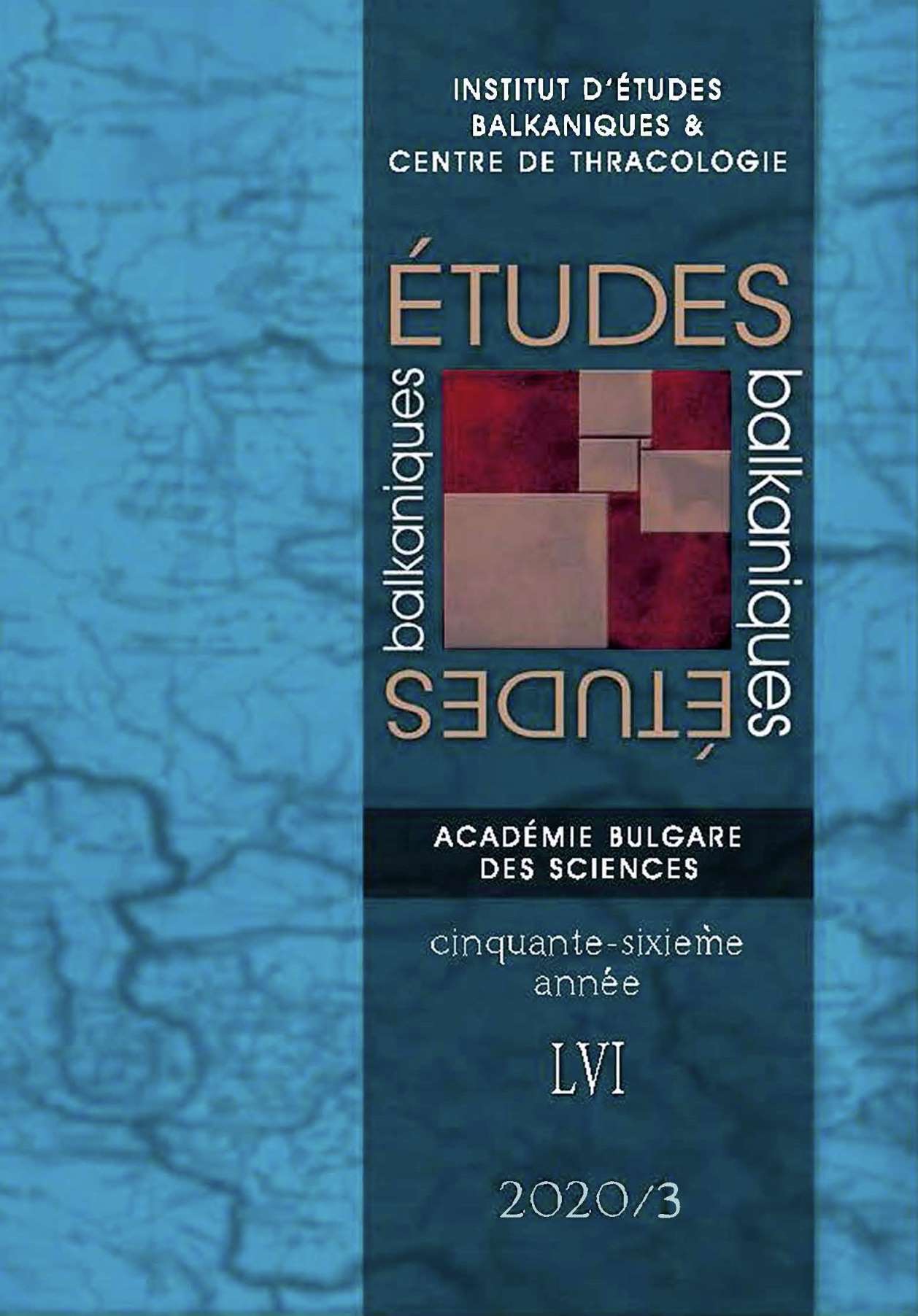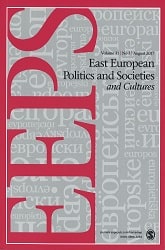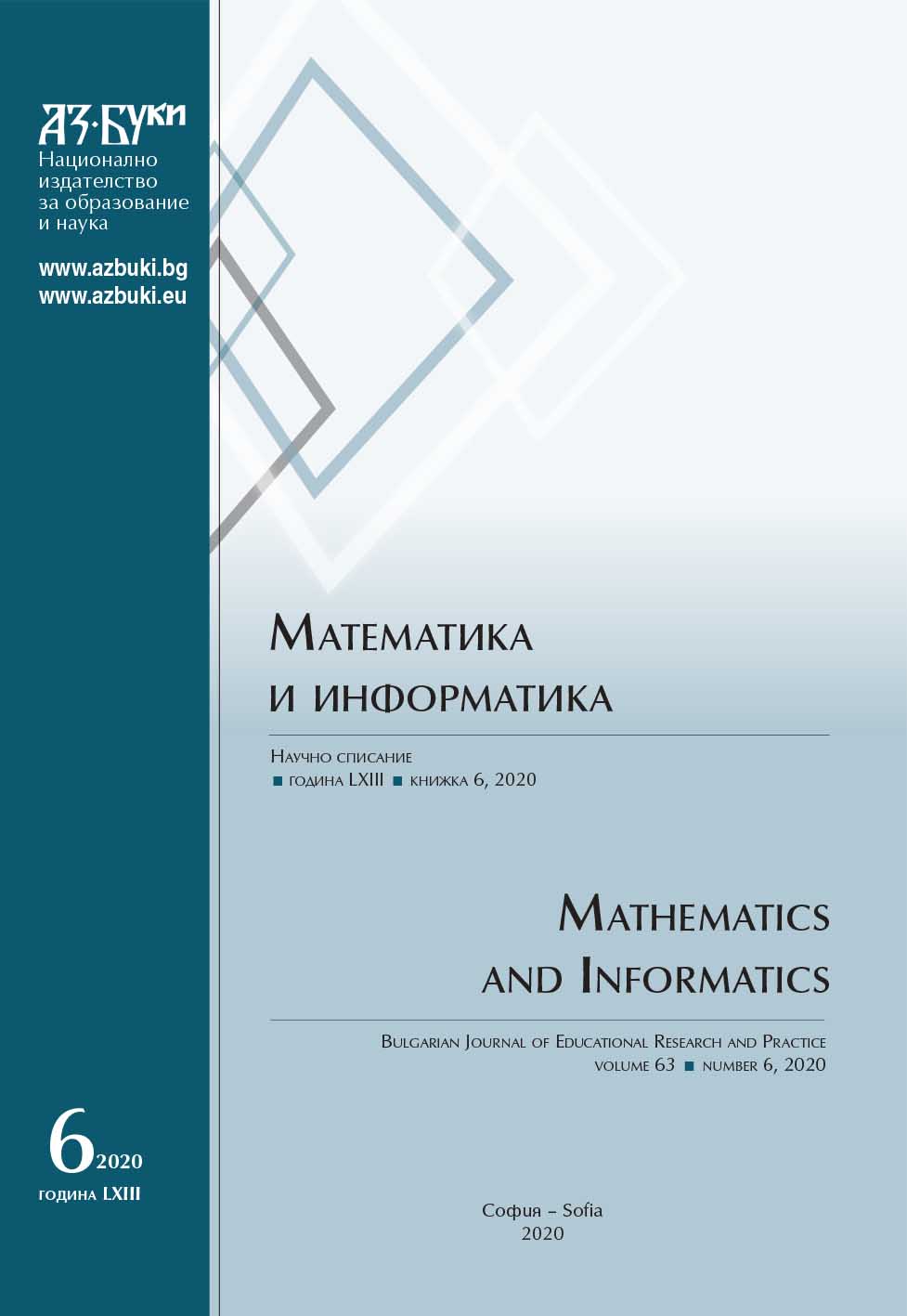Author(s): Mubera Bavčić,Hatidža Čar-Drnda,Dino Mujadžević,Elma Korić,Sabina Bakšić,Fehim Nametak,Olga Zirojević,Kerima Filan,Lejla Gazić,Sabaheta Gačanin,Adnan Kadrić,Alena Ramić,Muhidin Džanko,Marina Katnić-Bakaršić / Language(s): Bosnian
Issue: 49/2000
Review of:
Marina Katnić-Bakaršić; Muhidin Džanko - Esad Duraković, ARAPSKA STILISTIKA U BOSNI. AHMED SIN HASANOV BOŠNJAK O METAFORI, Orijentalni institut, Sarajevo 2000., 127 str.
Kerima Filan - Fatma Erkman-Akerson, Şeyda Özil, TÜRKÇEDE NİTELEME SIFAT İŞLEVLİ YAN TÜMCELER, Simurg, İstanbul 1998., 359 str.
Adnan Kadrić - Doğan Aksan, ANLAMBİLİM KONULARI VE TÜRKÇENİN ANLAMBİLİMİ, Engin Yayınevi, Ankara 1998., 232 str.
Sabina Bakšić - Cemal Mihiçoğlu, SÖZCÜKLERİN ÖYKÜSÜ, Kültür Bakanlığı, Milli Kütüphane Basımevi, Ankara 1996., 539 str
Kerima Filan - Hanka Vajzović, ORIJENTALIZMI U KNJIŽEVNOM DJELU - LINGVISTIČKA ANALIZA, Sarajevo 1999., 407 str.
Adnan Kadrić - Mehmet Rifat, XX. YÜZYILDA DİLBİLİM VE GÖSTERGEBİLİM KURAMLARI (I. Tarihçe ve Eleştirel Düşünceler, II. Temel Metinler), İstanbul 1998., 223 + 341 str.
Adnan Kadrić - Fatma Erkman-Akerson, ANLAM - ÇEVİRİ - KARŞILAŞTIRMA (Bizim dilimizden öteki dile - Öteki dilden bizim dilimize), ABC Kitabevi A. Ş. (İkinci baskı), İstanbul 1997., 149 str.
Adnan Kadrić - Mehmet Hengirmen, DİLBİLGİSİ VE DİLBİLİM TERİMLERİ SÖZLÜĞÜ, Engin Yayınevi, Ankara 1999., 448 str.
Adnan Kadrić - SÖYLEM ÜZERİNE (Hazırlayan: Ahmet Kocaman), Hitit Yayınevi, Ankara 1996., 170 str.
Adnan Kadrić - Süheylâ Bayrav, FİLOLOJİNİN OLUŞUMU (Çağdaş Dilbilim - Eleştiri Sorunları), Multilingual, İstanbul 1998., 200 str.
Adnan Kadrić - DİL DERGİSİ (Laııguage Journal, sayı: 82), A.Ü. TÖMER - Dil Öğretim Merkezi, Ankara, Ağustos 1999., 112 str.
Alena Ramić - Jale Parla, BABALAR VE OĞULLAR, İletişim Yayınları, İstanbul 1993., 157 str.
Adnan Kadrić - Leylâ Karahan, ERZURUMLU DARÎR KISSA-İ YÛSUF (YÛSUF U ZÜLEYHÂ): İNCELEME METİN - DİZİN, Türk Dil Kurumu Yayınları: 597, Ankara 1994., 431 str.
Alena Ramić - Tansu Bele, ERKEK YAZINDA KADIN, Kaynak Yayınları, İstanbul 1998., 84 str
Adnan Kadrić - BOŠNJAČKA KNJIŽEVNOST U KNJIŽEVNOJ KRITICI. Knj. 1, Starija književnost (priredili: Enes Duraković, Esad Duraković i Fehim Nametak), Alef, Sarajevo 1998., 974 str.
Sabaheta Gačanin - KIZ DESTANI (hazırlayan: Halil Eısoylu), Türk Dil Kurumu, Ankara 1996., 106 str.
Lejla Gazić - GAZI HUSREV-BEGOVA BIBLIOTEKA U SARAJEVU, KATALOG ARAPSKIH, TURSKIH, PERZIJSKIH I BOSANSKIH RUKOPISA, SVEZAK ČETVRTI, Obradio Fehim Nametak. AI-Furqan, Fondacija za islamsko naslijeđe - Rijaset Islamske zajednice u BiH, London - Sarajevo 1998., XVIII+ 534+19 st.
Kerima Filan - OSMANLI DEVLETİ VE MEDENİYETİ TARİHÎ, İslam Tarih, Sanat ve Kültür Araştırma Merkezi (IRCICA), Editör ve Önsöz: Ekmeleddin İhsanoğfu, 1 - İstanbul 1994., XXVIII + 868 str.; II - İstanbul 1998., XXXVI + 849 str.
Olga Zirojević - Hans-Jurgen und Jutta Kornrumpf. FREMDE IM OSMANISCHEN REICH 1826-19! 2/13. Bio-bibliographisches Register, Stutensee 1998., 445 str.
Fehim Nametak - BOSNA I HERCEGOVINA OD SREDNJEG VEKA DO NOVIJEG VREMENA, Međunarodni naučni skup 13-15. decembar 1994., Istorijski institut SANU, Beograd / Pravoslavna reč, Novi Sad, Beograd 1995., 470 str.
Sabim Bakšić - Adnan Ađivar, NAUKA KOD OSMANSKIH TURAKA (s turskog prevela Kerima Filan), Islamska pedagoška akademija, Zenica 1999., 323 str.
Elma Korić - Michael Robert Hickok, OTTOMAN MILITARY ADMINISTRATION IN EIGHTEENTH-CENTURY BOSNIA, Leiden; New York; KÖln: Brill, 1997., XXIII + 190 str'.
Dino Mujadžević - IMPERIAL LEGACY: THE OTTOMAN IMPRINT ON THE BALKANS AND THE MIDDLE EAST (urednik: L. Carl Brown), Columbia University Press, New York 1996., 337 str.
Hatidža Ćar-Drnda - OSMANLI (I. ve II. SİYASET, III. İKTİSAT, IV. ve V. TOPLUM, VI. TEŞKİLAT, VII. DÜŞÜNCE, VIII. BİLİM, IX.-X.-XI. KÜLTÜR VE SANAT, XII. HANEDAN; Editör: Güler Eren, Bilim editörleri: Kemal Çiçek / Cem Oğuz), Ankara 1999., 9.244 str.
Mubera Bavčić - Hatidža Čar-Drnda - Ismet Kasumović, ŠKOLSTVO U BOSANSKOM EJALETU ZA VRIJEME OSMANSKE UPRAVE, Islamski kulturni centar Mostar, Mostar 1999., 319 str
More...

